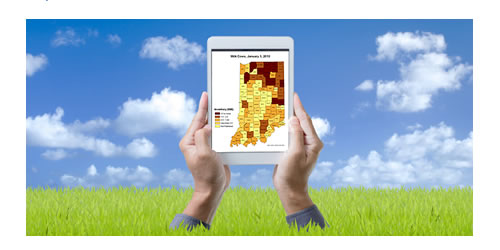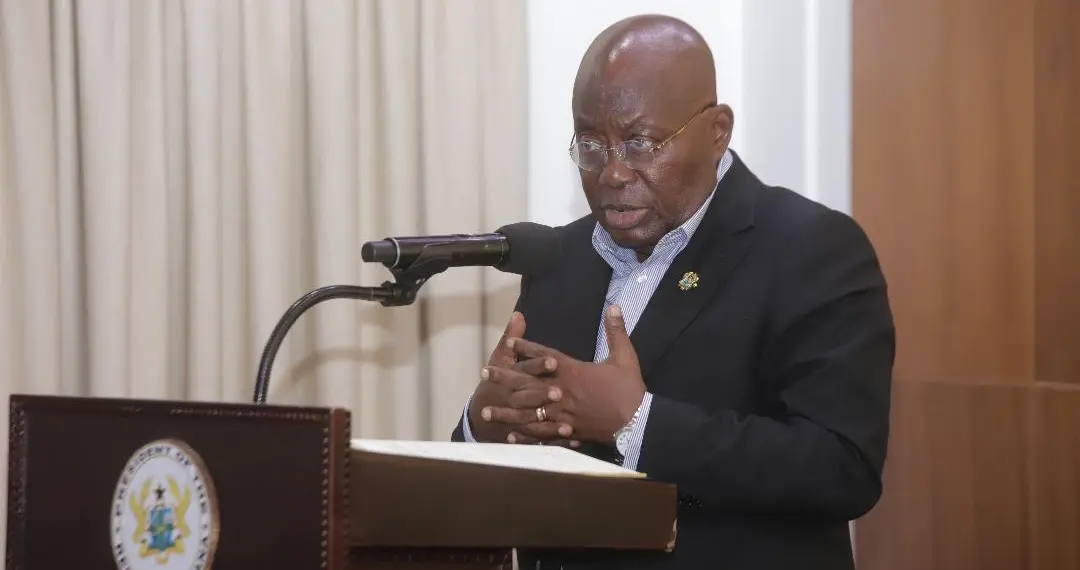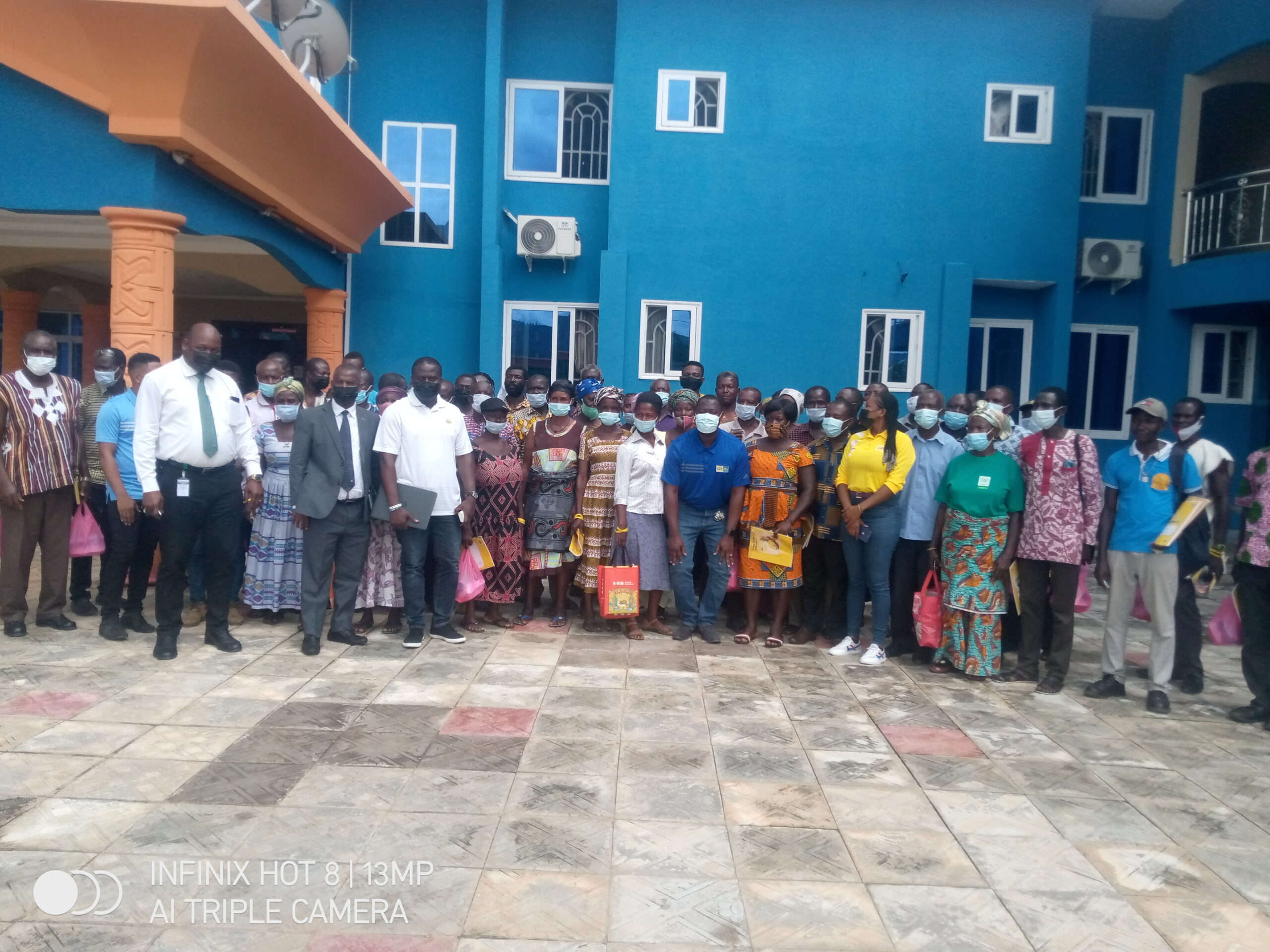Redefining Africa’s economic landscape

One-third of humanity relies on food grown by 500 million smallholder farmers with less than two hectares of land. As Africa and Ghana’s population continue to expand, farmers have an urgent need to produce ever-increasing amounts of food without destroying habitats or depleting resources in unsustainable manners. In such circumstances, accurate weather forecast and understanding climate change can make a real difference in addressing the challenges of food production and security.
In Africa, small and large scale farmers, extension officers, local and multinational agricultural organisations rely on the weather in their operational activities. In the instance where the predictions have been inaccurate, Meteorological Agencies or Authorities usually bear the brunt of unfettered attacks and criticisms. Now thanks to Vodafone and its leadership of the “Internet of things” technology, help is on the way for the agricultural sector across sub-Saharan Africa. In a move that is seen by many as very strategic, the telecommunications company has entered into a partnership with Trans-African Hydro-Meteorological Observatory (TAHMO) – which works with National agencies such as the Ghana Meteorological Agency (GMet) and other partners – to solve one of Africa’s biggest problems – weather predictions.
Vodafone’s Internet of things solution will be powering over 20,000 innovative TAHMO weather stations across Ghana, Nigeria, Benin, Togo, Burkina Faso, Republic of Côte d’Ivoire and other Sub-Saharan African countries by 2025 to provide real-time data flow to help user agencies in making useful decisions.
About 1,000 of these stations would be operational in the sub-region by the end of the year. Monitoring Africa’s environment is an important challenge if the continent’s resources are to be utilised in an optimal and sustainable manner. Food production and harvest predictions, profit from improved understanding of water availability over space and time. Presently, most national governments and regional planners do not readily have access to the required data to make proper decisions regarding investments in water resources infrastructure.
This is why Vodafone’s partnership with TAHMO will go a considerable way to transform the landscape and provide some consistency in weather predictions and water management. Currently, the “Internet of things” technology is considered the new frontier of telecommunications across the world. It is a phenomenon that simply means machines and devices could be connected to each other and communicate; providing a transformational tool on how people run their businesses and lives.
Vodafone’s capabilities in this technology cover some of the most crucial areas of economic growth including agriculture, health, transport, logistics, banking, utilities and security. These industries are using Vodafone’s SIM cards to smartly connect devices to enhance their efficiency and productivity output. Commenting on this, Angela Mensah-Poku, Head of Vodafone Business Solutions (VBS) said: “We are very excited about our partnership with TAHMO to deliver such unbelievable innovation across Africa.
This would undoubtedly change the way organisations, farmers and establishments plan for peak periods of production amongst other things. As a company, we see “Internet of things” as a great opportunity to further bring satisfaction and comfort to our customers.” Vodafone’s solution, in partnership with TAHMO, will help address business challenges facing the continent including; weather predictions for improved food productivity (cultivation and harvest), early warnings systems for disaster management and environmental protection as well as sustainable water resource management. – Credit: Vodafone Ghana
– Source: Vodafone Ghana



